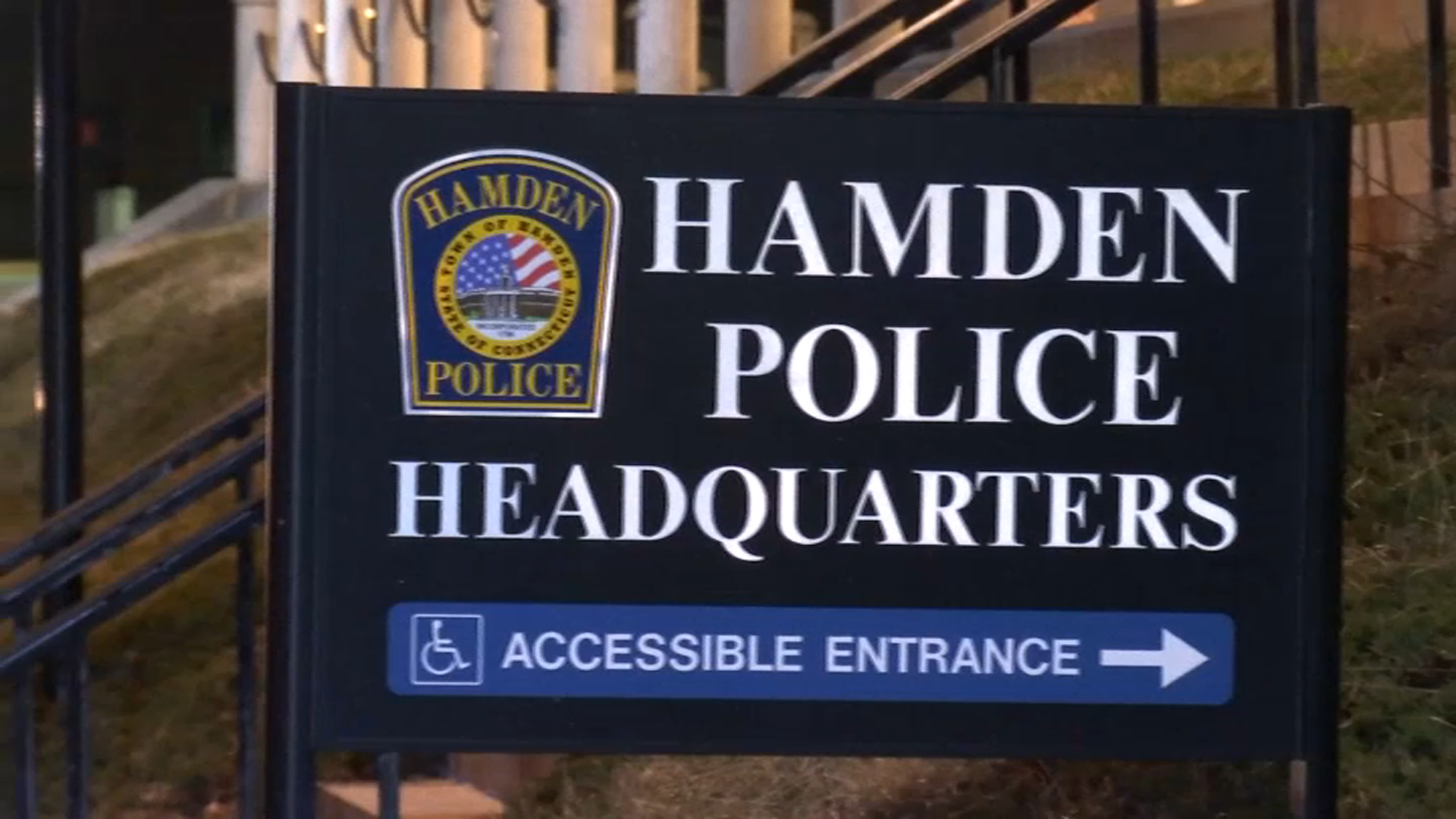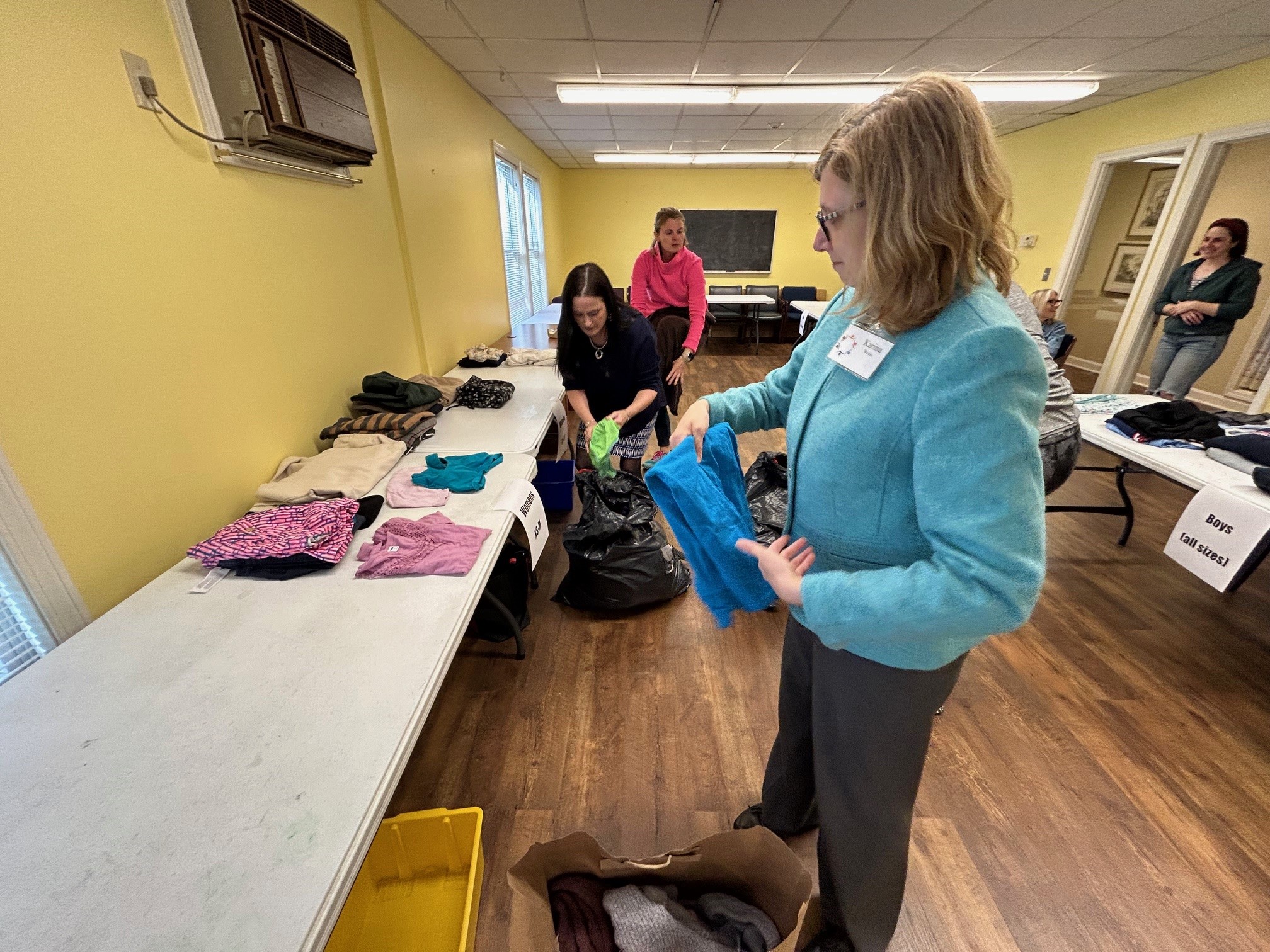Patrick Gourley, an Associate Economics Professor at the University of New Haven, has important information for borrowers seeking to have their student loans forgiven through the new federal program.
Mike Hydeck: How would you like to get rid of about $10,000 in debt pretty quickly? Well, depending on how much money you make, your college loan could be getting wiped out in the near future, thanks to President Biden's student loan forgiveness program. But it might not be as easy as advertised. Patrick Gourley, associate professor of economics at University of New Haven, joins me now to help us dig into some of the details on this. Mr. Gourley. Welcome to Face to the Facts.
Mike Hydeck: So let's start with who's eligible for federal loan forgiveness. Who can sign up for this?
Patrick Gourley: Yeah, so first of all, you have to have had a federal loan that was issued by the government of the United States. If you got a loan and attend higher education through a private bank or something like that, you won't be eligible. And then the other big eligibility criteria is that you have to have made less than $125,000 in a recent tax year. So if you made more than that, as an individual, you wouldn't qualify.
Get Connecticut local news, weather forecasts and entertainment stories to your inbox. Sign up for NBC Connecticut newsletters.
Mike Hydeck: So when President Biden started announcing this, there was a lot of back and forth tug of war. People who have already paid off their loans, maybe looking for a break, like, look, we did it the right way over time, paid off our loans. What about us? Is the President saying anything about that?
Patrick Gourley: Yeah, so we'll see what happens going forward. For the time being, this is a program that's targeted at people that have student loan debt. I know that there's been talk of maybe expanding it. But the big difference is that if you were to get a reimbursement for debt you've already paid, that's actually the government writing a check, versus canceling an existing debt that the government is already the lender for.
Mike Hydeck: So there are lawsuits, as we know, in many places trying to stop this saying lenders could be negatively impacted here. Do you think these lawsuits will actually hold up any debt relief in some of those states? Or maybe here in Connecticut?
Local
Patrick Gourley: It's to me interesting to see. There's a bunch of legal questions and I'm more on the economic side of things. But there's definitely a some concern over whether the President has the authority to cancel that and to cancel a student loan versus delay or some of the other programs that was initially started in under the Trump administration, and then continued on to the Biden administration.
Mike Hydeck: So now you're in economics, as you say, you're also in education. So let's take that with a grain of salt when I ask this next question. Tuition and fees have outpaced inflation for decades, even at places like UConn. The economy could be in the tank, and UConn gets a 6% increase. Is this program, just putting a band aid on a bigger fix that still needs to be taken care of?
Patrick Gourley: I won't even give it that much. I think that there's a real problem here because you're not actually addressing the underlying issue, which, as you mentioned, are increases in tuition. This, if anything, would actually incentivize schools to raise their tuition even faster because they could tell future students, hey, take out all the debt you want, it will just get forgiven later. So I'm really concerned about the long run impacts this will have about tuition and higher education.
Mike Hydeck: So how do we change that from a, you know, nationwide perspective. Do things need to be reconfigured at the college level or at the public university level to get the government out of trying to finance college?
Patrick Gourley: Well, I think the system would be better if we went back in time 50 years when states by and large funded their public university systems. And here in Connecticut, you would have expected UConn tuition to be very low in the 1970s. And that's because the State of Connecticut would have funded the system. When they stepped back, and this is across the nation, almost every state has stepped back, then that meant that public universities had to increase their tuition and private universities because it increased their tuition as well.
Mike Hydeck: Is it possible to unwind a system like this? And how could you even take step one? It seems to be so interwoven in our society, as you were saying, in every state. How do we, we can't just wind the clock back 50 years, right?
Patrick Gourley: Now, well, it would be a major change into states budget, but again, it'd be going back to how it used to be. So it would require cuts probably elsewhere or increased taxes. But again, it used to be the norm in every state that the state government would fund its flagship and its university, public university system. So we definitely could go back to that. But yes, it would require sacrifices elsewhere.
Mike Hydeck: So my producer Katherine says there was a change that just happened last month. Are you familiar with that?
Patrick Gourley: Was this, there were a select group of people, I think that last eligibility that were private loans.
Mike Hydeck: Right. That's one of the things she was talking about. So private loans are also going to be a target, apparently, of President Biden moving forward. Do you think that'll help even the playing field or is that still just another small band aid?
Patrick Gourley: Well, my understanding is, is that there's actually some private loans that are now going forward not eligible for the loan forgiveness. So that would make it less likely to do any of that.
Mike Hydeck: In my understanding that encompasses about 800,000 Americans who are now protesting and actually putting together a petition to try to manufacture some sort of relief. Do you think that has a chance?
Patrick Gourley: It's hard to say. I think with any of these programs, there's winners and there's losers under the original plan. If you had already paid off your debt, you're kind of out of luck. Now, if you paid off your debt or you have this type of private loan, you're out of luck. So no matter what, there's always been people who want to be included in a sort of debt forgiveness.
Mike Hydeck: Patrick Gourley, a very difficult topic to try to tackle. We appreciate your expertise, associate professor of economics from University of New Haven. Thanks for joining us on face the facts and giving us your input.



